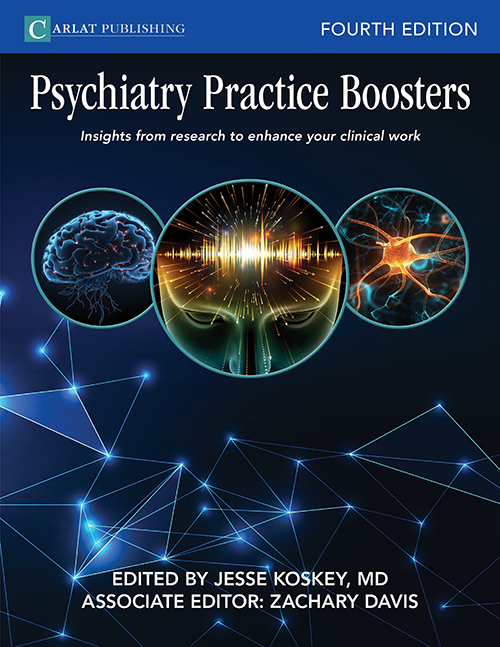Pediatric bipolar disorder vs. “severe mood dysregulation:” Are they the same or different?
There has been debate over whether nonepisodic irritability is a symptom of bipolar disorder in children and adolescent (Biederman J, Biol Psychiatry 2006;60:901– 902). Recently, a new study examined whether children with severe nonepisodic irritability had the same risk of manic episodes as those diagnosed with more nar- rowly defined bipolar disorder.
Both groups of children were evaluated by researchers at six month intervals over a median follow up period of about 2.5 years to see if they developed hypomanic, manic, or mixed episodes. Evaluators used the structured interview instrument Kiddie Schedule for Affective Disorders—Present and Lifetime Version (KSADS-PL) for all assessments.
Researchers enrolled 93 children with narrowly defined bipolar disorder (BD) (mean age 12.9) and 84 children with “severe mood dysregulation” (mean age 11.6). Severe mood dysregulation (SMD) was a category created specifically to study these patients. Criteria for SMD included non episodic irritability (defined as frequent and impairing anger outbursts), and at least three of the following; pressured speech, agitation, insomnia, flight or ideas/racing thoughts, or distractibility.
Both groups of children were evaluated by researchers at six month intervals over a median follow up period of about 2.5 years to see if they developed hypomanic, manic, or mixed episodes. Evaluators used the structured interview instrument Kiddie Schedule for Affective Disorders—Present and Lifetime Version (KSADS-PL) for all assessments.
Only one of the SMD patients (1.2%) had a hypomanic, manic, or mixed episode, versus 58 of the BD patients (62.4%) at the median follow-up of 28.7 months (Stringaris A et al., J Am Acad Child Adolesc Psychiatry 2010;49(4):397–405).
CCPR’s Take: The evaluators were not blinded to the initial diagnosis, which could have theoretically biased the results. None- theless, this study provides fairly strong evi- dence that children presenting with severe nonepisodic anger outbursts (termed SMD in the study) are unlikely to go on to devel- op bipolar disorder. The authors reviewed prior research showing that children with SMD are at increased risk for developing both major depression and generalized anxi- ety disorders. The treatment implications are that children with SMD should be con- sidered candidates for treatment with anti- depressants and stimulants rather than mood stabilizers and atypical antipschotics.
Newsletters
Please see our Terms and Conditions, Privacy Policy, Subscription Agreement, Use of Cookies, and Hardware/Software Requirements to view our website.
© 2025 Carlat Publishing, LLC and Affiliates, All Rights Reserved.


_-The-Breakthrough-Antipsychotic-That-Could-Change-Everything.jpg?1729528747)



